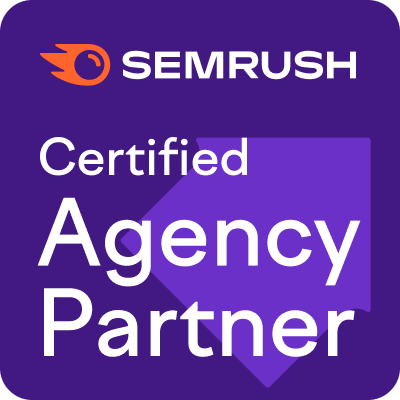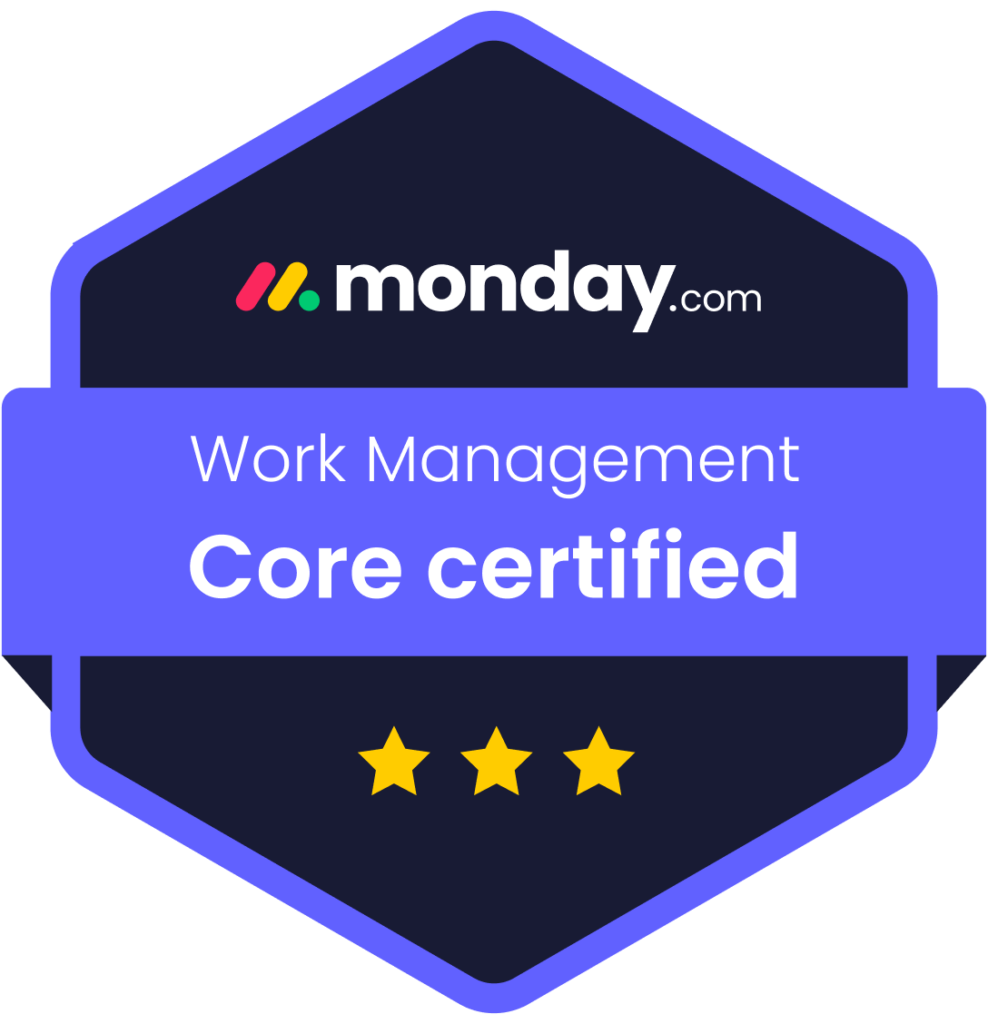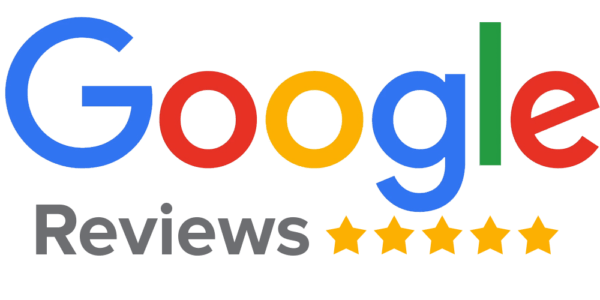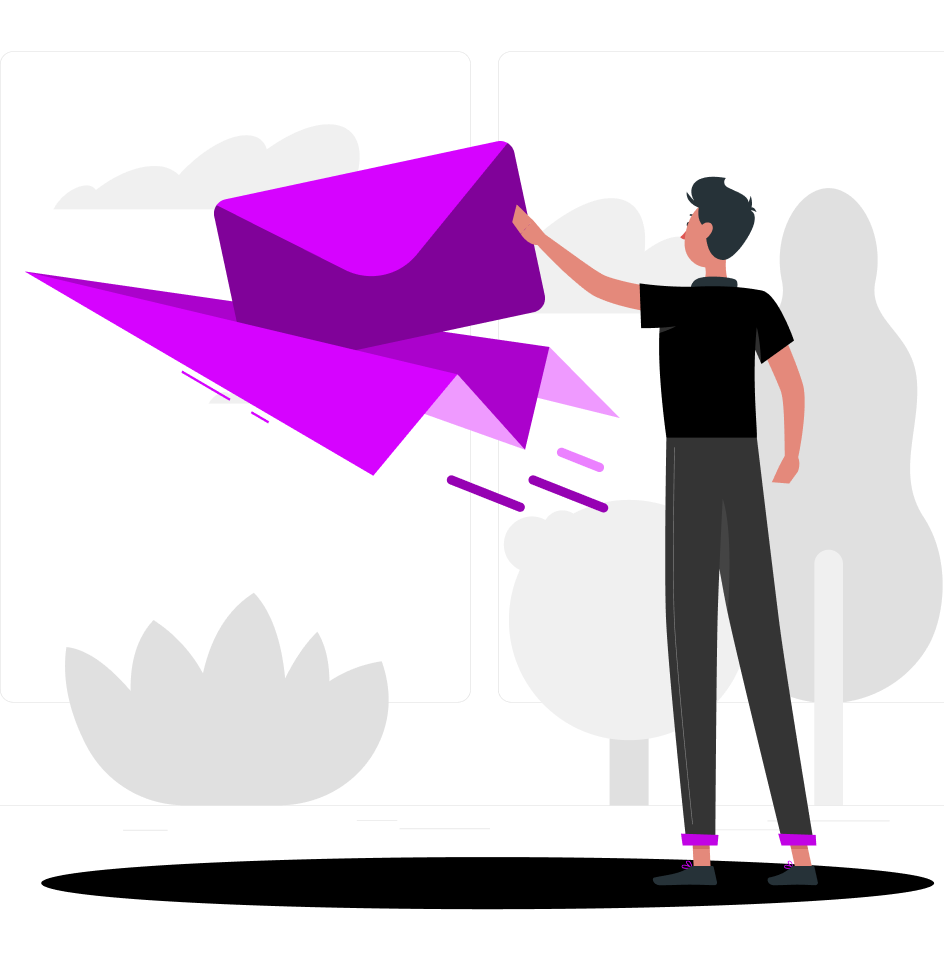A thing of beauty is joy forever. That is exactly what a well-optimized website makes its users feel. On-page optimization makes the website relevant, informative, and easy to navigate. It provides users with a stellar experience that keeps them returning for more. But the question is, does it help with page ranking? This article discusses in detail whether on-page optimization is necessary for SEO.
Is On-page Optimization Necessary for SEO?
Absolutely! On-page optimization can have a big impact on your search rankings and traffic. It is one of the few elements of SEO that you have full control over. Well-optimized pages are more likely to rank higher in search results. It means more visibility for your website. Higher rankings often lead to more organic visits from search engines.
On-page optimization tactics also make your site more user-friendly. It can lead to longer visit times and more engagement. Well-optimized pages usually see higher conversions. When users find exactly what they are looking for on your site, they are more likely to take desired actions.
What is On-Page Optimization?
On-page optimization refers to the improvements you can make directly on your website to improve its search engine rankings. You can tweak various elements of your web pages, as explained in detail below.
Content
High-quality content that answers users’ questions is more likely to rank well. Focus on writing clear content that is easy to read. Keywords help your content stand out in search engine algorithms. Use relevant keywords naturally. Don’t use keywords for the sake of using it. It should fit the context of your content.
Break up text with subheadings to make it easy for users to find what they want. Include images, videos, or infographics where helpful. A wall of text makes your page hard to browse. Keep all your content up-to-date. Verify them so that they are accurate. That increases the chance that your page appears more frequently at the top of search results.
Title Tags
Title tags are HTML elements representing the title of a page. They are the clickable headlines found in search engine results. You can follow the below methods to optimize title tags.
- Include your main keyword
- Keep it under 60 characters
- Make it descriptive to engage your audience
- Use a unique title for each page
Doing so can help your page rank higher in search engines.
Meta Description
A meta description is a short summary of your page content. While they don’t directly affect rankings, they can influence click-through rates. A good meta-description summarizes the page content accurately. It includes relevant keywords that point directly to the niche you serve.
A good practice while writing meta descriptions is to keep it under 160 characters. Make it as compelling as you can to encourage clicks.
Headers Tags
Header tags help organize your content to make it easier for users to browse the site. They also give search engines clues about your content structure. When using header tags, use only one H1 per page. Include keywords in headers naturally. Header tags help you break up content into logical sections. It makes it easier for your page visitors to browse through your content.
URLs
The URL for your page should be descriptive. It helps both users and search engines understand what a page is about. The shorter your URLs are, the better they are for user engagement. You can include relevant keywords in them as well. Avoid unnecessary parameters or numbers in the link. You must also take care not to include lengthy sentences in your URL.
Images
A picture speaks a thousand words. Images make your content more engaging. You also get the added benefit of these images appearing in image search results. Use descriptive file names with alt text to describe the image. Be careful not to load a very high-resolution image to improve page speed.
Internal Links
Internal links help point to other pages within the same site. Properly implemented internal links can help your SEO by allowing search engine bots to crawl to discover new pages on your site. They bring the added benefit of keeping users on your page longer. Use descriptive anchor text with relevant content to get the best out of your internal links.
Page Speed
Search engines like Google hold their cards close to their chest. They make their ranking factor hard to pinpoint. But we can say with authority that page speed is high on their list. Pay close attention to the following core web vitals.
- Largest Contentful Paint (LCP) shows the time taken for the main content of the page to load
- First Input Deal (FID) shows time taken to respond to user interaction
- Cumulative Layout Shift (CLS) for page content to load as you navigate the page
Adjust any parameters that make loading and browsing your page smooth. It will help your page gain a good reputation in search engine algorithms.
These elements help search engines understand what your website is about. It also shows how useful the page is for users. The search engine uses this data to show relevant content to end users based on their query.
Common On-Page Optimization Mistakes
You might make common mistakes if you do not see the desired results after on-page optimization. Avoid these pitfalls to get the maximum results out of your on-page optimization.
Keyword Stuffing
Using too many keywords in your content can make it hard to read and may be seen as spam by search engines. Placing your keyword to manipulate your placing in SERP (search engine results page) will lead to lower rankings.
Using Low Quality or Duplicate Content
The same content on multiple pages can confuse search engines. It can dilute your ranking power. You must also avoid plagiarizing content from other publications like the plague. AI-generated content without human input might fill pages but lacks the substance your users seek. AI also tends to hallucinate. Nothing beats a seasoned human writer for creating engaging content.
Not Optimizing Load Speed
No one wants to wait until the page loads. If your page has large image files or too many scripts, it will hurt user experience and SEO. Optimize your codes to make your web pages lightning-fast.
Poor Mobile Experience
These days, mobile devices are the preferred means of consuming content. A site that doesn’t work well on mobile devices can harm your rankings.
Ignoring User Intent
Focusing too much on keywords and not enough on users’ wants can lead to poor rankings. Keywords might lead visitors to your site, but if the content does not match the user’s query, they will “bounce”. Your page must feature relevant content to keep the users engaged.
On-page optimization remains a valuable part of SEO. Focus on creating high-quality and user-friendly content. Follow SEO best practices to improve your chances of ranking well in search results and attracting more organic traffic to help your site compete in search results over time. Whether you are just starting your SEO journey or need a fresh perspective to increase the rank of your page, call us at (203) 226-8795 to speak to our representatives. You can fill out our contact form or email us to learn more about our SEO services.












